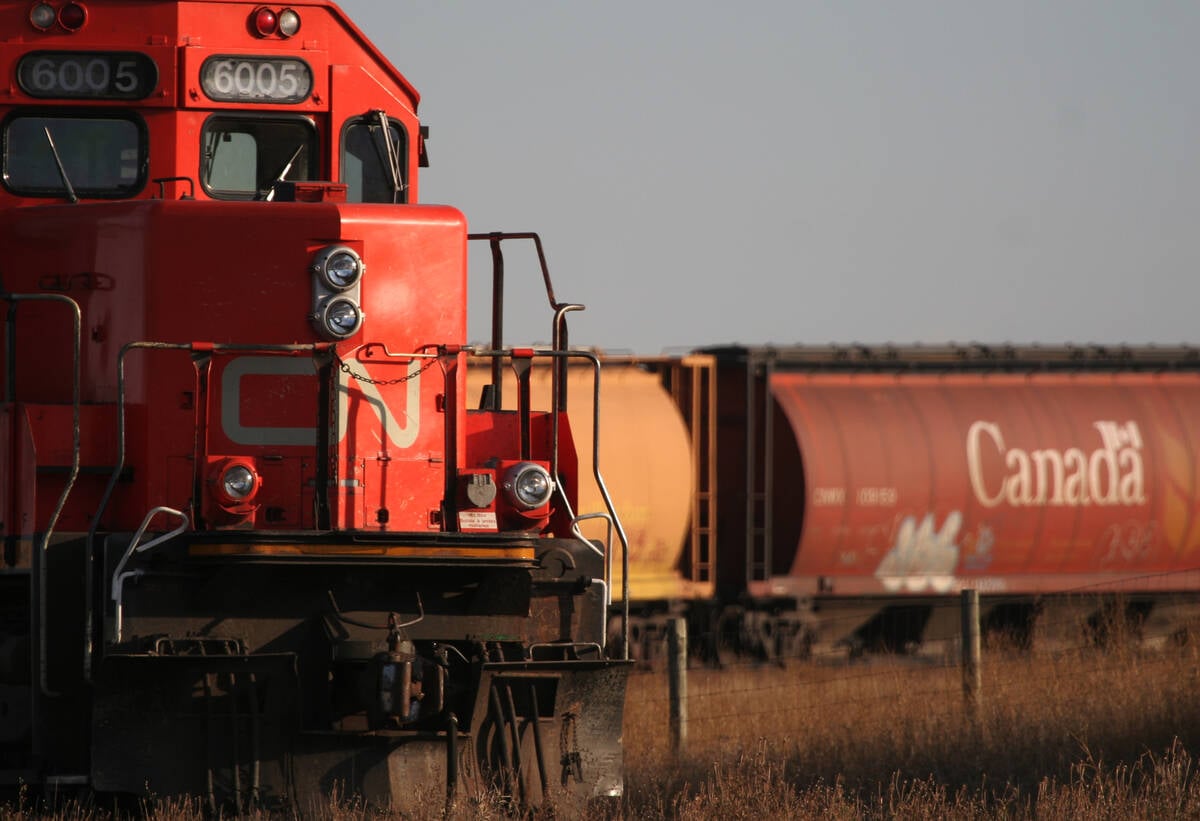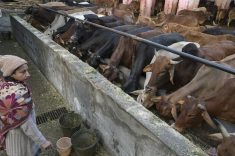With short crops, fierce competition and industry restructuring
battering the grain industry, you might think this would be the worst
time for Western Canada’s publicly traded grain companies to face
increased financial scrutiny.
But one chief executive officer says the accounting scandals
traumatizing North American investors could actually leave his company
looking more attractive.
“There’s some confidence and security in these kinds of defensive
stocks,” said Agricore United CEO Brian Hayward.
“As a management team we’re extraordinarily conservative in how we
Read Also

Canada-U.S. trade relationship called complex
Trade issues existed long before U.S. president Donald Trump and his on-again, off-again tariffs came along, said panelists at a policy summit last month.
approach things.
“We’re obviously aware of what’s going on, because you can’t help
notice it, but there’s really been no effect on how we do things.”
A host of high technology companies have been collapsing after
revealing that their supposedly strong financial structures have been
eaten away by fraud and questionable accounting practices.
Dozens of large companies have had to “restate” earnings after
admitting that the way they recorded revenues, expenses, debt and
equity were possibly inaccurate.
Many stock market analysts are predicting investors will be scared to
invest their money in publicly traded companies because they no longer
trust the financial statements those companies release. The knock to
investor confidence was made worse by the case of Enron, in which some
of the company’s officials have been accused of dishonest practices,
and the company’s well established auditor, Arthur Andersen, admitted
to approving some of the most questionable accounting actions.
Analysts have said many investors may simply flee the market and keep
their money out of publicly traded companies.
Hayward said he thinks the crisis in investor confidence is mainly with
the new high-tech companies, where most of the problems have been found.
Companies like those that formed AU, however, have long histories and
never indulged in the “aggressive accounting” that put high-tech
companies in trouble. In fact, long experience in the grain industry
has made companies like his tend to offer pessimistic forecasts, rather
than unreasonably optimistic ones. That leaves few unpleasant surprises
for investors.
“In times like these, it’s something you can go to the bank with,” said
Hayward.
The grain industry might not have much glamour, but it also doesn’t
inspire fancy accounting tricks or convince people that the old rules
don’t matter any longer.
“This is a pretty basic business, food,” said Hayward.
That approach is behind AU’s recent quarterly report, in which the
company reported cost savings through the Agricore-United Grain Growers
merger far more quickly than it had predicted.
“We’ve exceeded those (expectations),” said Hayward.”It’s not for any
reason other than we wanted to understate our revenue potentials and
not get crazy about the expense side. “We factor in the worst case
situations.”
Saskatchewan Wheat Pool failed to return phone calls when contacted for
this story.
Grain industry analyst David Schroeder of Dominion Bond Rating Service
said he thinks the accounting scandals are happening with high-tech
companies and companies basing themselves on large annual growths. That
isn’t the nature of grain companies.
“I’d be shocked if any of that was to happen with these companies,”
said Schroeder, who recently visited Winnipeg to meet with grain
industry officials.
It doesn’t seem to be in the nature of these companies to bend
accounting rules, and they also wouldn’t be able to easily do it, said
Schroeder.
“There’s less opportunity to push the accounting.”
Hayward said AU has an internal audit committee that attempts to
establish procedures that would stop fraud within the company.
He said the financial histories of UGG and Agricore, and the
worst-case-scenario approach of companies like AU, could make them seem
like safer havens in today’s equity markets.
“That is what the investing community is looking at now – quality of
earnings,” said Hayward.















